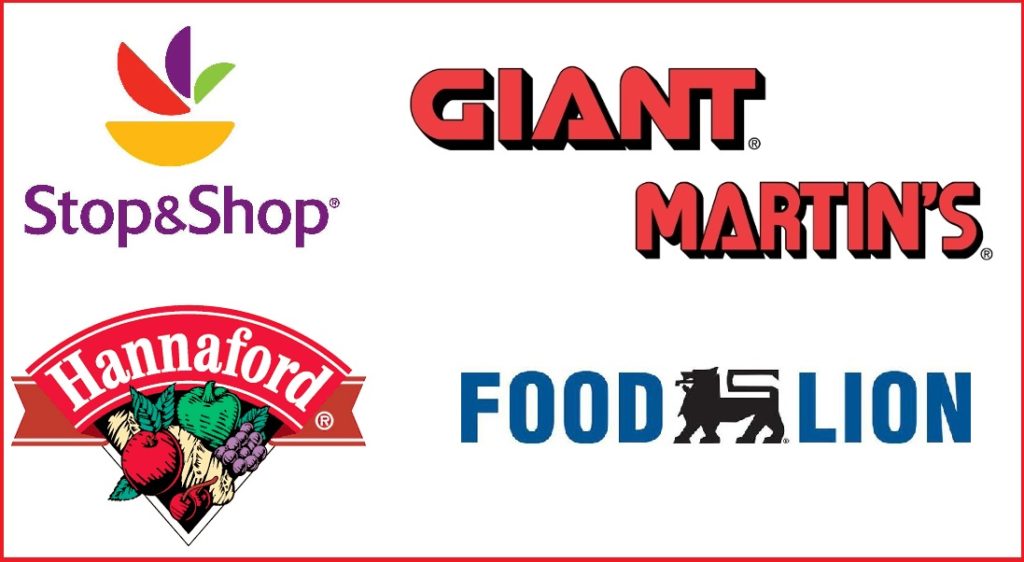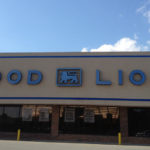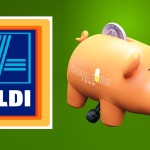
If you can’t compete with the big guys, might as well join forces with another smaller guy and hope you can do better together.
That’s essentially what’s happening, as two European absentee landlords are combining their grocery companies and creating a huge supermarket conglomerate on the U.S. East Coast in the process.
A month after first publicly discussing a potential merger, Netherlands-based Ahold and Belgium-based Delhaize announced this morning that they plan to merge, in a $29 billion deal that ties up their European and American holdings. Each company owns thousands of grocery stores in their part of the world. But they do more than half of their business in the U.S., where Ahold owns Stop & Shop, two different Giant divisions and Martin’s, and Delhaize owns Food Lion and Hannaford.
“We are bringing together two world-class organizations to deliver even more for the communities we serve,” Ahold CEO Dick Boer said in a statement. “Ahold Delhaize will accelerate innovation, bringing together both companies’ expertise to deliver increased value and choice for customers across its supermarket formats and online platforms,” Delhaize CEO Frans Muller added.
If the deal is finalized as expected next year, the combined company’s footprint will extend from Maine all the way down to Georgia, with a presence further west in Kentucky and Tennessee. Together, they’ll operate just over 2,000 stores.
Or will they?
There’s notable overlap between Hannaford and Stop & Shop in places like Massachusetts and New York, and between Food Lion and Giant/Martin’s in Virginia and Maryland. Federal regulators are likely to take a close look at places where a merger might make the market anti-competitive, and force the closure of some stores. In some places, the two companies operate the number-one and number-two stores in town. In other places, Walmart is moving up the rankings and bumping the traditional, former market-leading grocery chains down.
Hence the merger.
When Kroger, the country’s biggest grocery chain, acquired North Carolina’s Harris Teeter a couple of years ago, it was a big deal – an already wildly successful supermarket chain adding an even better competitor to its trophy case. When, a few months earlier, Albertsons swallowed up several grocery chains and later acquired Safeway, it was a very big deal, as a regional supermarket chain suddenly became a coast-to-coast powerhouse, second in size only to Kroger.
The Ahold-Delhaize merger will create the United States’ third largest grocery chain. But no one’s really talking about it in the same terms as they did the Kroger and Albertsons deals. Those mergers made strong performers even stronger. Today’s merger merely gives a bunch of arguably mediocre stores a better chance at survival.
Delhaize has been working hard to modernize and refresh its U.S. holdings, doing everything from redesigning stores and changing up the product assortment, to offering small touches like blue grocery bags for your refrigerated and frozen items, so you know which bags need to be unloaded first when you get home. The company has also jettisoned underperforming chains like Sweetbay, Harveys, Reid’s and Bottom Dollar, in order to focus on Hannaford and Food Lion.
Ahold, in contrast, apparently hasn’t been doing enough to rescue many of its stores from near the bottom of several best-and-worst grocery store surveys. Stop & Shop and Giant didn’t do so well in Consumer Reports’ most recent annual survey.
Yet Ahold is the larger company. So while today’s deal is being pitched as a “merger of equals”, Ahold’s CEO will assume that role in the new company, and Ahold is expected to be the one taking the lead in the combined entity. So the merger could either end up being a case of Ahold dragging down Delhaize and undoing the progress it’s made, or learning from its junior partner to improve its own stores.
Then again, for all the work Delhaize has done, Food Lion hasn’t been a shining star in consumer surveys, either. And while there’s no clear dominant player in the Northeast, where the other Ahold Delhaize supermarkets operate, Food Lion is increasingly facing withering competition in the South from the likes of Publix and Harris Teeter. One industry insider even managed to “question the future of Food Lion’s long-term presence in the U.S.”
In addition to being the larger company, Ahold does have the upper hand in a couple of areas. It also owns the grocery delivery service Peapod, so online grocery shopping could ultimately come to Food Lion and Hannaford. Ahold’s stores also have far superior coupon policies. All of its U.S. stores double coupons, and many of them accept competitors’ coupons and allow coupon stacking. Food Lion and Hannaford do none of those things.
So maybe Delhaize has a little something to learn from its new partner as well.
Regardless, with the Krogers and Albertsons of the world getting bigger and better, the Trader Joe’s and Whole Foods turning grocery shopping into an experience, and the ALDIs and Walmarts offering more for less, it’s getting harder for the old-fashioned, middle-of-the-road, “plain vanilla” Food Lions, Stop & Shops and the like to compete. So the Ahold-Delhaize pairing is less a match made in heaven than a marriage of necessity. If you shop at any of their stores, it may well be that you don’t see much change at all – except that now, at least, your store is at less risk of going completely under.
At least for a little while longer.











We shop at Stop & Shop almost exclusively because of the wonderful gas points program and it’s great coupon policy. If those 2 things changed, I would definitely shop elsewhere, even though we have been loyal to them for at least 4 years.
Pingback: Store News: Giant/Martin’s Merging with Food Lion & Hannaford | You Saved How Much
Pingback: News You Can Use – Giant & Hannaford Merger - A Couponer's Life